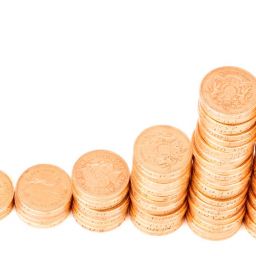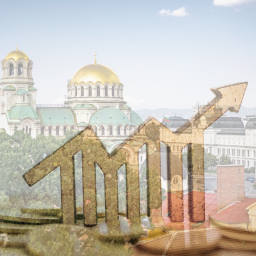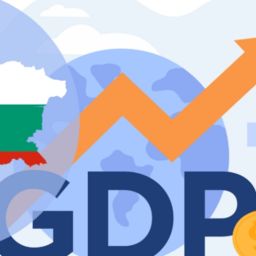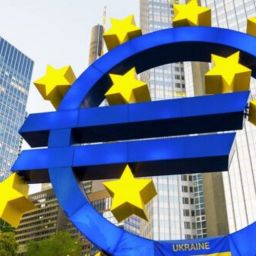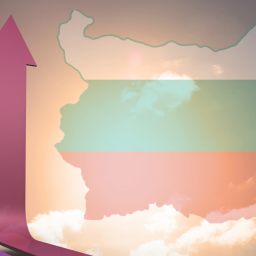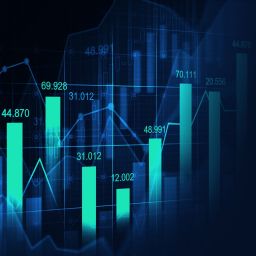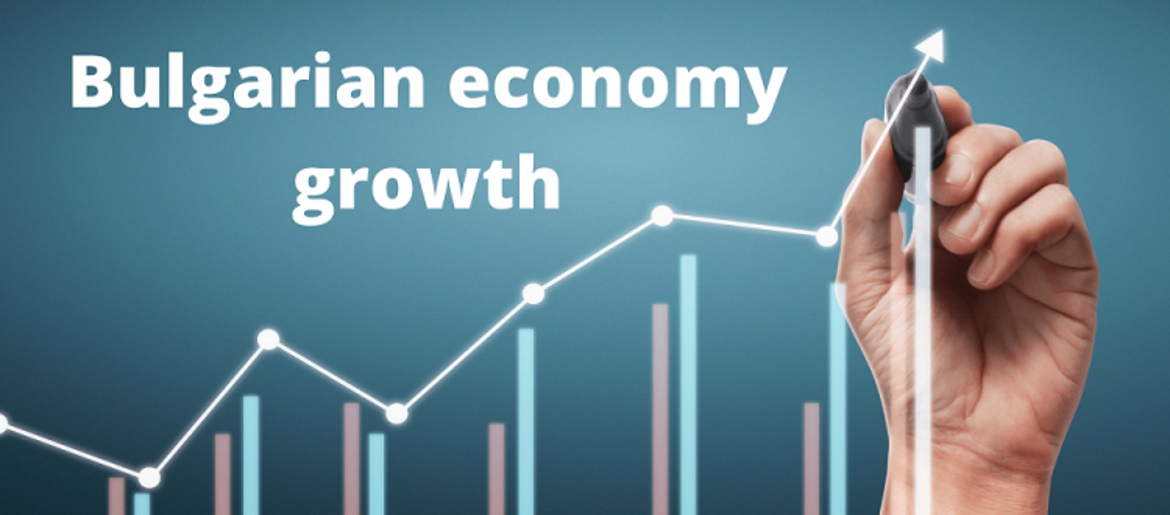
Bulgaria’s economy grew by 0.6 per cent in the third quarter of the year, according to preliminary data announced by the National Statistical Institute (NSI) on December 7. The figure was in line with NSI’s flash estimate issued last month.
Compared to the same period of 2021, Bulgaria’s economy grew by 3.3 per cent in the third quarter, slightly higher than the 3.2 per cent figure in last month’s flash estimate.
In real terms, gross domestic product (GDP) in July-August was 44.96 billion leva, or 22.99 billion euro, NSI said. In its flash estimate, the statistics body put the third-quarter GDP at 44.54 billion leva, or 22.77 billion euro.
NSI’s seasonally-adjusted preliminary data showed domestic consumption rise by one per cent during the third quarter, and it was 4.1 per cent higher on an annual basis. Gross fixed capital formation shrank by 0.7 per cent in July-August, and was 6.1 per cent down compared to the third quarter of 2021.
Exports in the third quarter of 2022 were 0.5 per cent up, while imports declined by 1.3 per cent, which resulted in a trade surplus of 1.51 billion leva, or 3.4 per cent of GDP. Compared to the third quarter of last year, exports were up 11.1 per cent and imports were 9.3 per cent higher.
NSI’s statistics releases do not, as a rule, include analysis of trends and its third-quarter GDP announcement made no mention of the impact that the lingering Covid-19 pandemic or the Russian invasion of Ukraine had on Bulgaria’s economy.
Bulgaria’s Cabinet had set a 4.8 per cent per cent economic growth target this year in the Budget Act macro-economic framework, up from 4.2 % recorded by NSI last year. In May, the Finance Ministry’s updated macro-economic framework lowered the GDP growth forecast to 2.9 per cent.
In November, the European Commission’s autumn forecast raised Bulgaria’s economic growth estimate for 2022 to 3.1 per cent, up from 2.8 % in the summer forecast.
Source: https://sofiaglobe.com/



